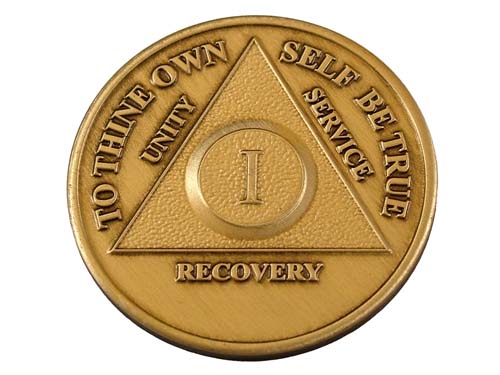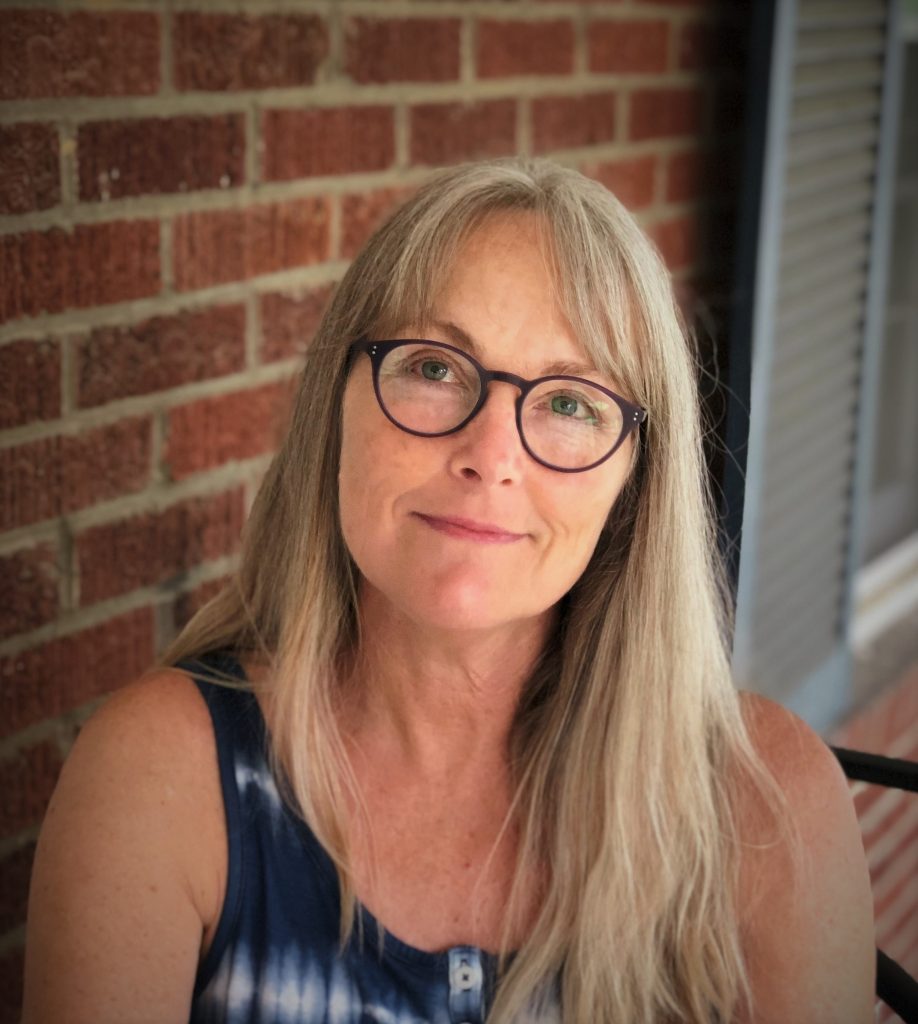You know how some people have a more interesting story than others to tell? And you know how some of those stories have absolutely no relevancy to you at all? You get to the end and wish you hadn’t spent all that time reading?
Well, the short short version of my story is this: I was addicted to alcohol for a long time. Now I’m not, and I can tell you how sobriety happened, if you’re interested. There. Now you can leave if you want.
If the short short version hit a nerve, I may be your girl.
We all have a story, right? Some are more interesting than others, but we all have one. So, this is the short version of mine, and it sums up what’s important for you, so you don’t have to wade through a lot of words. Here goes.
What’s really important for you to know is that I was addicted to alcohol for over twenty years. I struggled mightily. I lost a lot, and at times, I wanted to die because of it. It nearly ruined the majority of the best years of my life.
Things are different now, but I need for you to know that I am “legit” when it comes to understanding this alcohol demon.
Over the years, as I tried to figure out why I drank, I swung back and forth like a pendulum, from the disease model to the non-disease model. I tried both philosophies on for size, among other approaches, but nothing really stuck until now.
I wanted to know why I drank, and I wanted secure sobriety.
A few years ago, I finally managed to quit drinking, but I still didn’t feel like it was over. I felt afraid that I was going to relapse at any minute. I felt like my sobriety was dependent on something or someone outside myself. Sobriety felt too tenuous and uncertain for me to really be comfortable with it. And to be honest, I still had this “little plan” in the back of my mind, that if things got really bad, I might start drinking again.
I didn’t understand why I drank, and until I understood it deep down, I didn’t feel like I could properly manage it. I was always waiting for the other shoe to drop. I was sober, but it wasn’t the joyous and free sobriety I was hearing about and that I had expected to find.
12-Step meetings felt familiar and accepting; but relapse could be right around the next corner.
I was attending AA meetings, but I didn’t completely buy into the philosophy. I always felt accepted as I was, and at times the meetings felt familiar, in a weird way. I think they remind me of going to church when I was growing up.
Eventually, though, I starting needing to understand more about why I drank and how to have secure sobriety. I didn’t trust sobriety granted — or not — by a nebulous “Higher Power”.
Sitting in meetings, repeating words I didn’t fully believe, reminded me of growing up in the Catholic Church. And, frankly, if I was hoping for a “Spiritual Awakening” (AA believes this is necessary for recovery) from that God, I may be in trouble; we weren’t on good terms.

I stuck with it though. I completed all the steps, and got a 1-year chip. Once the drunk fog lifted, I started searching for the underlying reasons I drank.
I didn’t completely believe in the AA/12-Step concept that drinking was because of “character defects” – negative aspects of my personality like fear, selfishness, and dishonesty, which needed to be removed by a “Higher Power”. While I may feel these things at times, they’re normal human characteristics or emotions, and I believed there was more to it.
Who’s to blame?
I felt like putting the blame on my shoulders, even though I was the one doing the drinking, wasn’t effective. Looking for what was wrong with me, didn’t empower me. When people are already blaming themselves for something they can’t understand or even explain, blaming them doesn’t help.
Even after being sober for a year or so, I still felt the need to drink – not an uncontrollable craving or an urge, like when I first quit drinking. No, this was something deeper, underneath. Something was lacking in me, or needed to be filled, completed, made whole or something.
I worried that I would relapse.
And that’s when I realized that the reason I started drinking to begin with, was still there. I had just been covering it up with alcohol, all these years. I had a drinking problem, don’t get me wrong, no doubt. But once the alcohol was removed, the true need remained. That’s what I needed to address.
Fast forward to now, and I have discovered the underlying reasons I drank for all those years. It seems obvious to me now, but at the time I was drinking, it felt far too complicated and entrenched for me to recognize, much less change.
The point of no return.
I am now not just sober, but I feel Better Than Sober, because I understand and can explain alcoholism. And as contrived and trite as that may sound to you (it would have sounded that way to me if I had read this when I was still addicted), it is truly how I feel.
I don’t crave alcohol. I don’t obsess about drinking anymore, and I’m not afraid to state that. This should be very clear – not feeling the need to drink is not a temporary thing.
It’s a brain thing! Good news: you have one of those.
Addiction is complicated. It can be all-consuming, and it can absolutely wreck your life. But when you understand alcoholism, and how your brain works in relation to it, everything changes. For me, there is no uncontrollable, capricious demon lurking in my psyche just waiting until I let my guard down so it can pounce on me.

That’s my story, and I’m sticking to it. I believe there are other people like me, and I want them to feel like they’ve found someone who’s been in the trenches, found a way out, and can help them do the same.
Alcoholism is a lonely existence that only you can change. But when you’re stuck in it, it’s really hard to see how to get yourself out of it. I get you. Keep reading. There is hope, I promise.

Recent Comments